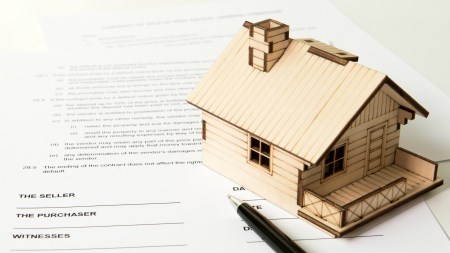The price you pay for a home isn't the only cost involved, find out all the potential costs you'll have to pay when buying a home.
It's easy to become excited about a property you have seen and know you can afford, but what many buyers, particularly first time buyers, forget is that the advertised price isn't the only cost involved in buying property.
Transfer duty (a form of tax that applies to property priced over R900 000) has to be paid before the transfer can be completed. Likewise, there are attorneys’ costs and bond charges which all form part of the ‘extras' that need to be taken into account and which have to be settled before moving in.
Unfortunately these charges are often left out of the financial planning equation and it's only when the deal is done and signed that the buyer realises that he has to come up with this additional sum, which is determined by the price of the home.
According to Lorenza Jardine, Rawson Property Group’s franchisee for Grassy Park and Retreat in the Western Cape, this is particularly true of those buying in lower income and lower price brackets.
He says that a buyer was recently dismayed to find that the conveyancing and transfer fees on a property costing R800 000 amounted to R18 000 and the bond costs involved came to R14 000 - the buyer had been completely unaware that there would be any upfront costs in registering his bond.
Although many estate agencies have made repeated calls for the percentage paid on transfer fees to be lowered, this is unlikely to happen any time soon, if at all. Simply put, the government stands to lose billions and is definitely not going to overlook this very healthy source of revenue.
Buyers need to educate themselves about the relevant costs, including the deposit required, before they sign an offer to purchase. They also need to remember to factor in the additional costs before making an offer. Ideally, savings should be used for this purpose, but as has often been stated, South Africans are not best known for their thrifty ways and may have to look at other avenues such as bridging finance in order for the deal to go through.
There are those of course who will look at property and think that it's cheaper to rent and while this may be true in the short term, the benefits of owning your own home cannot be over stated. Firstly owning property means you have a tangible asset that will continue to grow in value. Secondly, landlords put up rents every year and while homeowners may have to fork out a little more when the interest rate increases, this doesn't compare to the annual increase of around seven to 10 percent that landlords traditionally introduce.
It also pays to remember that these costs only really hurt the first time you buy a home. Thereafter, the profits made from the sale of your current home will generally cover all the associated costs linked to buying a subsequent property.



